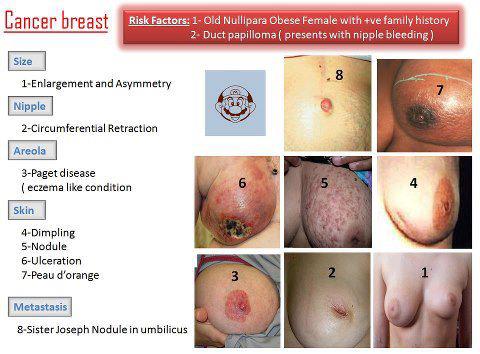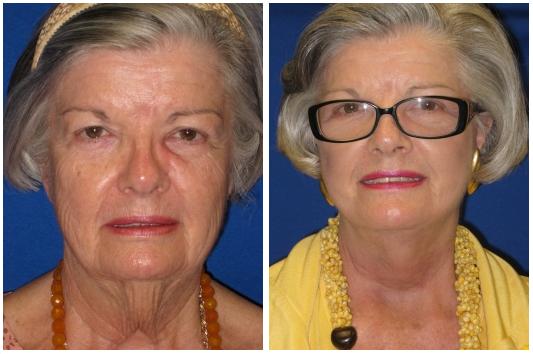Cost of Staying Healthy on the Rise
The federal government's approval of a 5.6% increase in health premiums has fuelled controversy and debate and is set to put households under more financial pressure in the coming year. The increase, dubbed by the Health Minister as "modest", translates into a $1.70 increase per week for a single person and $3.70 more for a family. Health Minister Tanya Plibersek says that, by comparison, the increase for consumers is significantly lower than the 9.3% increase being shouldered by insurance companies. The increase is slightly higher than last year's 5.06% hike and will be implemented from April.
The Spokesperson for the Coalition, Peter Dutton, says that this increase, coupled with increases in other government policies, is putting family budgets under immense strain. He says this latest news might be taking the pressure off the government, in terms of comparisons to previous years' performances, but for the average household the news is anything but pleasing.
In defence, the federal government says the health insurance premium increases that have taken place under the current government are lower than those of the previous government. Plibersek claims that during Tony Abbott's tenure as Health Minister the average increase was 6.5%, while one year saw an increase of 8%. She says the government is aware of the increasing cost of living and has encouraged people to compare health insurance memberships to see if they can secure a better deal. She says she expects health insurance memberships to stay strong, with memberships at their highest levels of all time.
Despite the Health Minister's optimism the 30% private health insurance rebate has undergone means testing since July and parliament is currently deliberating dropping subsidies for Lifetime Health Cover loading, applicable to those who do not take out private cover by the time the financial year that they turn 31 in comes around. She encouraged shopping around for competitive rates as policies vary by as much as $200 per policy across different providers.
The Coalition's spokesperson said also that the Labour government's changes had yet to be experienced fully because so many Australians had tried to beat the increases by prepaying their premiums. The Chief Executive Officer of Consumers Health Forum of Australia also agreed that people should renew their cover to see if there was a chance of getting better value.
One in seven people who have private health insurance could be looking at a 27% premium increase in July, if the intended government rebate changes go through. An industry lobby group says that nearly 1.1 million members will be affected by changes to Lifetime Health Cover and for some people the difference amounts to as much as $500.
Along with the annual premium increase of more than 5% the removal of the rebate will see some premiums go up by a third this year. The industry lobby group claims these two events will see people either terminating or downgrading their cover, and putting more pressure on the public hospital system.
Last month a story was carried that claimed the government would be investigating the number of people downgrading their policies and also how easy it is for people to switch policies over if they find a better deal.
In his midyear review the Treasury's Wayne Swan alleged the changes to the rebate system would enable a saving of $1.1 billion (when the Treasurer was still pursuing his budget surplus). But the government has already benefitt4d from the LHC because it has prompted more young people to take out private cover, earlier on in life and offsetting against higher claim costs from older members. The government says the financial impact of dropping the rebate will make a difference of $116 per annum.
The Spokesperson for the Coalition, Peter Dutton, says that this increase, coupled with increases in other government policies, is putting family budgets under immense strain. He says this latest news might be taking the pressure off the government, in terms of comparisons to previous years' performances, but for the average household the news is anything but pleasing.
In defence, the federal government says the health insurance premium increases that have taken place under the current government are lower than those of the previous government. Plibersek claims that during Tony Abbott's tenure as Health Minister the average increase was 6.5%, while one year saw an increase of 8%. She says the government is aware of the increasing cost of living and has encouraged people to compare health insurance memberships to see if they can secure a better deal. She says she expects health insurance memberships to stay strong, with memberships at their highest levels of all time.
Despite the Health Minister's optimism the 30% private health insurance rebate has undergone means testing since July and parliament is currently deliberating dropping subsidies for Lifetime Health Cover loading, applicable to those who do not take out private cover by the time the financial year that they turn 31 in comes around. She encouraged shopping around for competitive rates as policies vary by as much as $200 per policy across different providers.
The Coalition's spokesperson said also that the Labour government's changes had yet to be experienced fully because so many Australians had tried to beat the increases by prepaying their premiums. The Chief Executive Officer of Consumers Health Forum of Australia also agreed that people should renew their cover to see if there was a chance of getting better value.
One in seven people who have private health insurance could be looking at a 27% premium increase in July, if the intended government rebate changes go through. An industry lobby group says that nearly 1.1 million members will be affected by changes to Lifetime Health Cover and for some people the difference amounts to as much as $500.
Along with the annual premium increase of more than 5% the removal of the rebate will see some premiums go up by a third this year. The industry lobby group claims these two events will see people either terminating or downgrading their cover, and putting more pressure on the public hospital system.
Last month a story was carried that claimed the government would be investigating the number of people downgrading their policies and also how easy it is for people to switch policies over if they find a better deal.
In his midyear review the Treasury's Wayne Swan alleged the changes to the rebate system would enable a saving of $1.1 billion (when the Treasurer was still pursuing his budget surplus). But the government has already benefitt4d from the LHC because it has prompted more young people to take out private cover, earlier on in life and offsetting against higher claim costs from older members. The government says the financial impact of dropping the rebate will make a difference of $116 per annum.




Comments
Post a Comment